Vu Huu Hung, a Vietnamese-Italian vintner, has long harbored the dream of cultivating vineyards and producing wine in Vietnam to the high standards of Italian winemaking.
He believes that technological advancements will eventually overcome the challenges currently posed by Vietnam's climate and soil conditions.
Debunking myths about wine
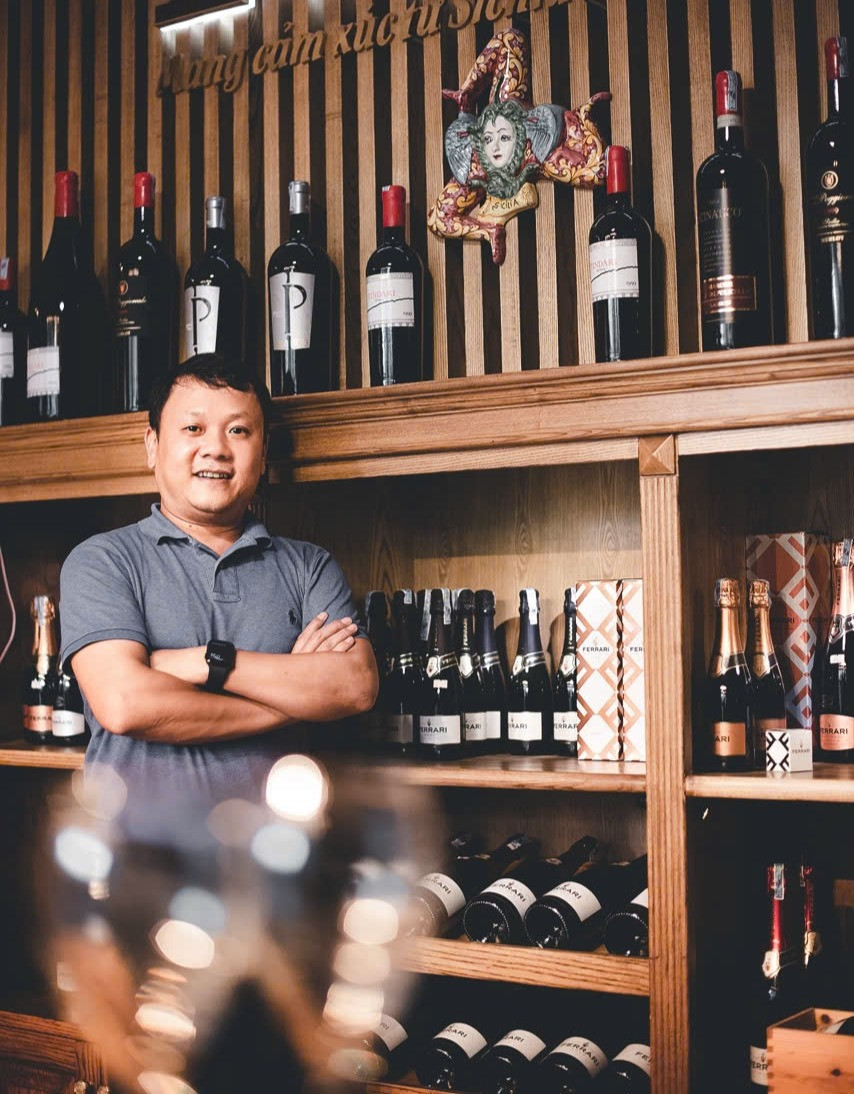
Hung, CEO of IVCOM (Italy-Vietnam International Commerce and Investment Corporation), has spent nearly two decades bringing Italian wines to Vietnam. He notes that some misconceptions about wine persist among Vietnamese consumers.
For example, many believe that a wine bottle with a concave bottom or a dark-colored exterior indicates superior quality. However, Hung explains that these features are unrelated to the wine's taste or craftsmanship.
Concave bottoms were originally designed in Europe to prevent pressure-related breakage during transport, while dark bottles shield the wine from sunlight, protecting it from ultraviolet rays that can degrade its quality.
Hung also observes that while wine has become a common feature on Vietnamese dining tables, many locals still lack a full understanding of its cultural significance. For instance, some mistakenly apply traditional Vietnamese drinking customs - such as filling a glass to the brim and consuming it in one go - to wine, which diminishes the experience.
“The proper way to enjoy wine is to sip it slowly, allowing it to ‘breathe.’ This reduces the intensity of the alcohol and releases the wine's natural aromas, enhancing the flavor. Drinking it too quickly not only detracts from the enjoyment but can also harm your health,” Hung advises.
From Sicily to Vietnam: A vintner's journey
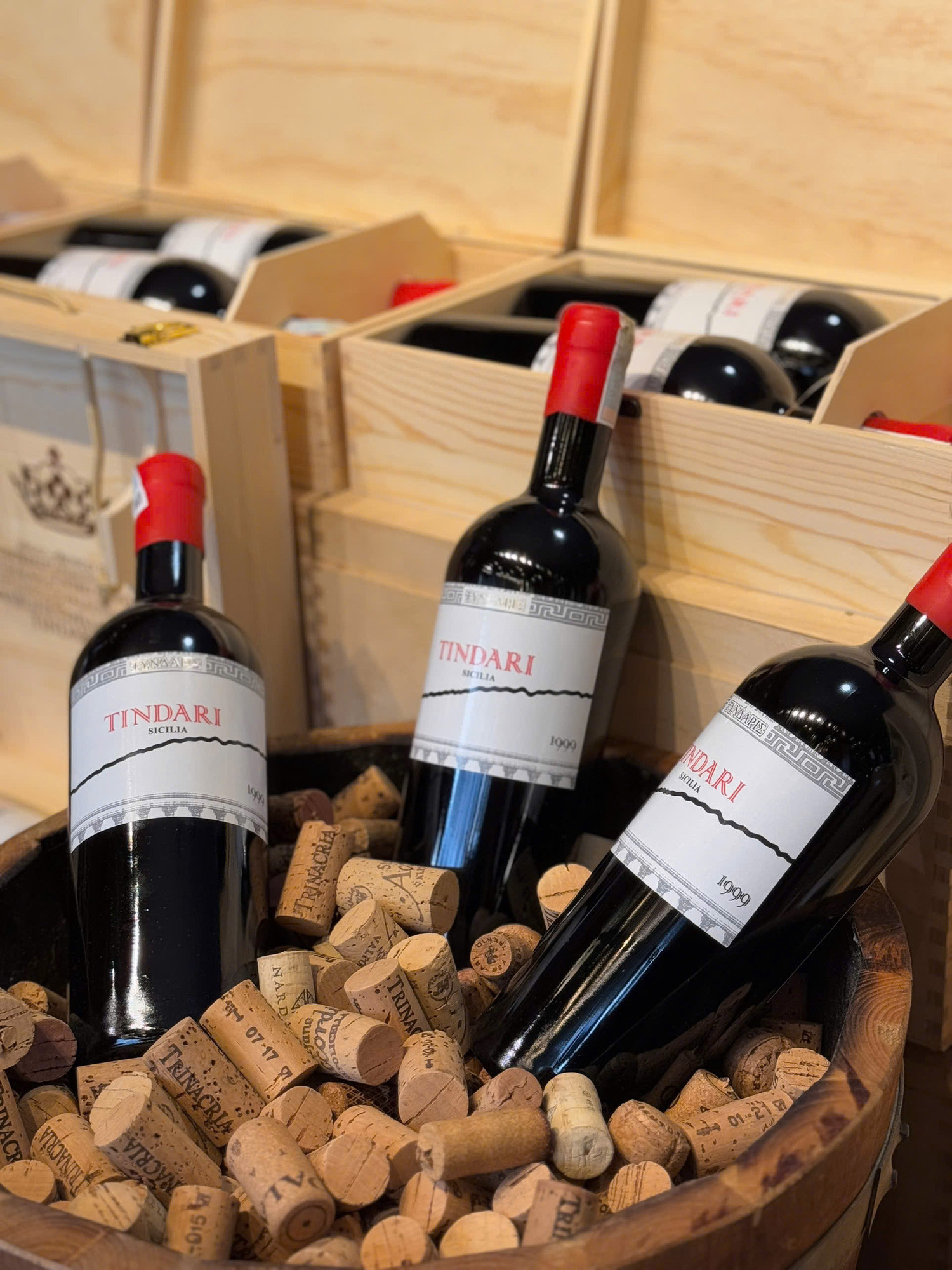
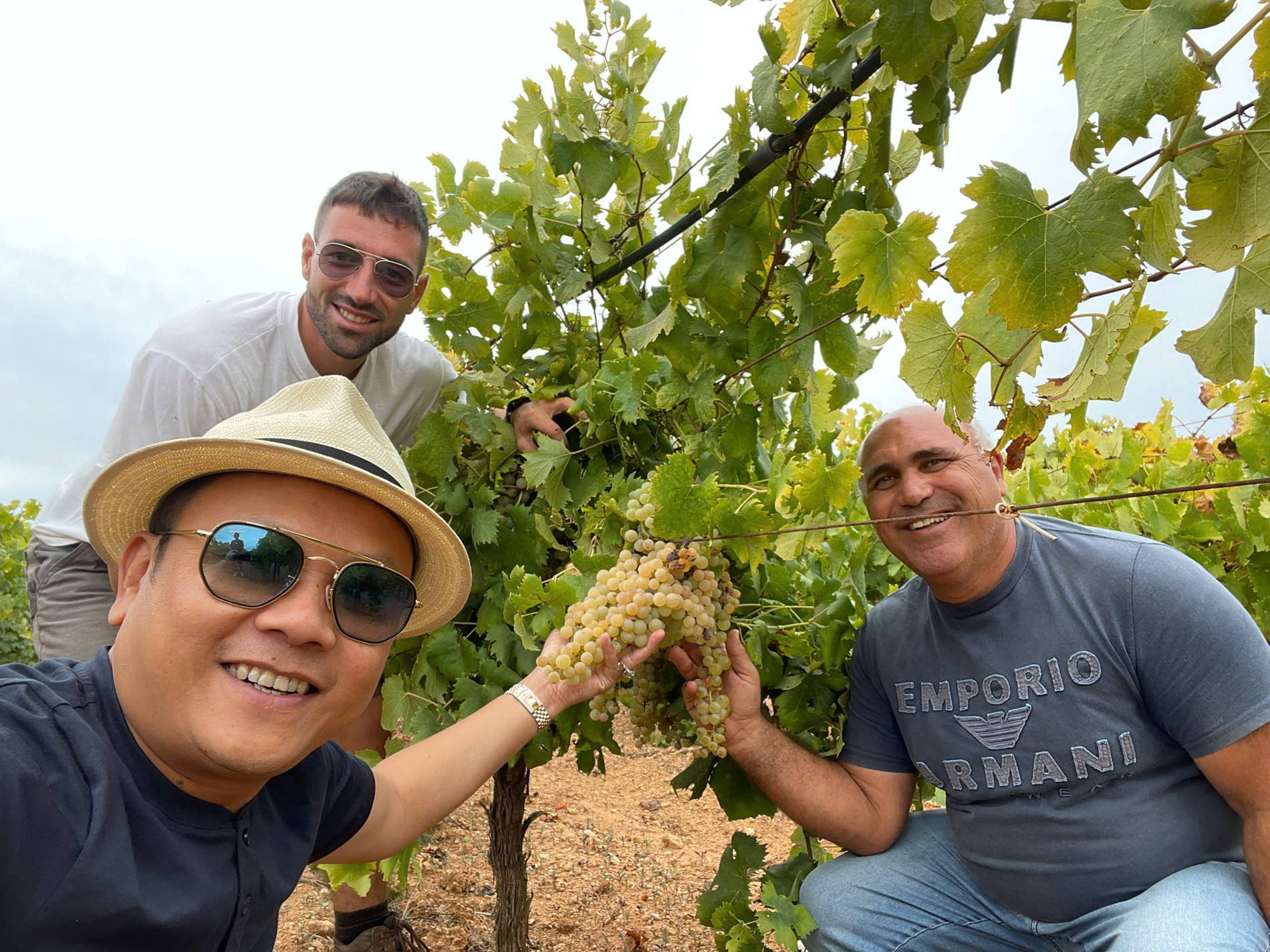
Hung moved to Italy 28 years ago to reunite with his family. He was adopted by the Vinci family, who have been cultivating grapes and making wine in Sicily for five generations.
Under the mentorship of his adoptive father, Hung developed a deep passion for winemaking and joined the family in expanding their wine business across Europe and Asia. Today, their wines are especially popular in Japan and China.
With 650 hectares of vineyards in Sicily, often called the "jewel of southern Italy," the Vinci family produces high-quality wines thanks to the region's ideal soil and climate. “The abundant sunshine, fertile soil, and optimal temperatures create grapes with natural sweetness, perfect for winemaking,” Hung shares.
After harvesting in September, the grapes are aged in oak barrels until they meet strict quality standards, at which point they are bottled and distributed globally.
Hung recalls his adoptive father's words: “Pour your heart into the vineyard. Avoid chemicals and respect the integrity of the land because winemaking is a labor of love.”
Challenges and aspirations for Vietnamese vineyards
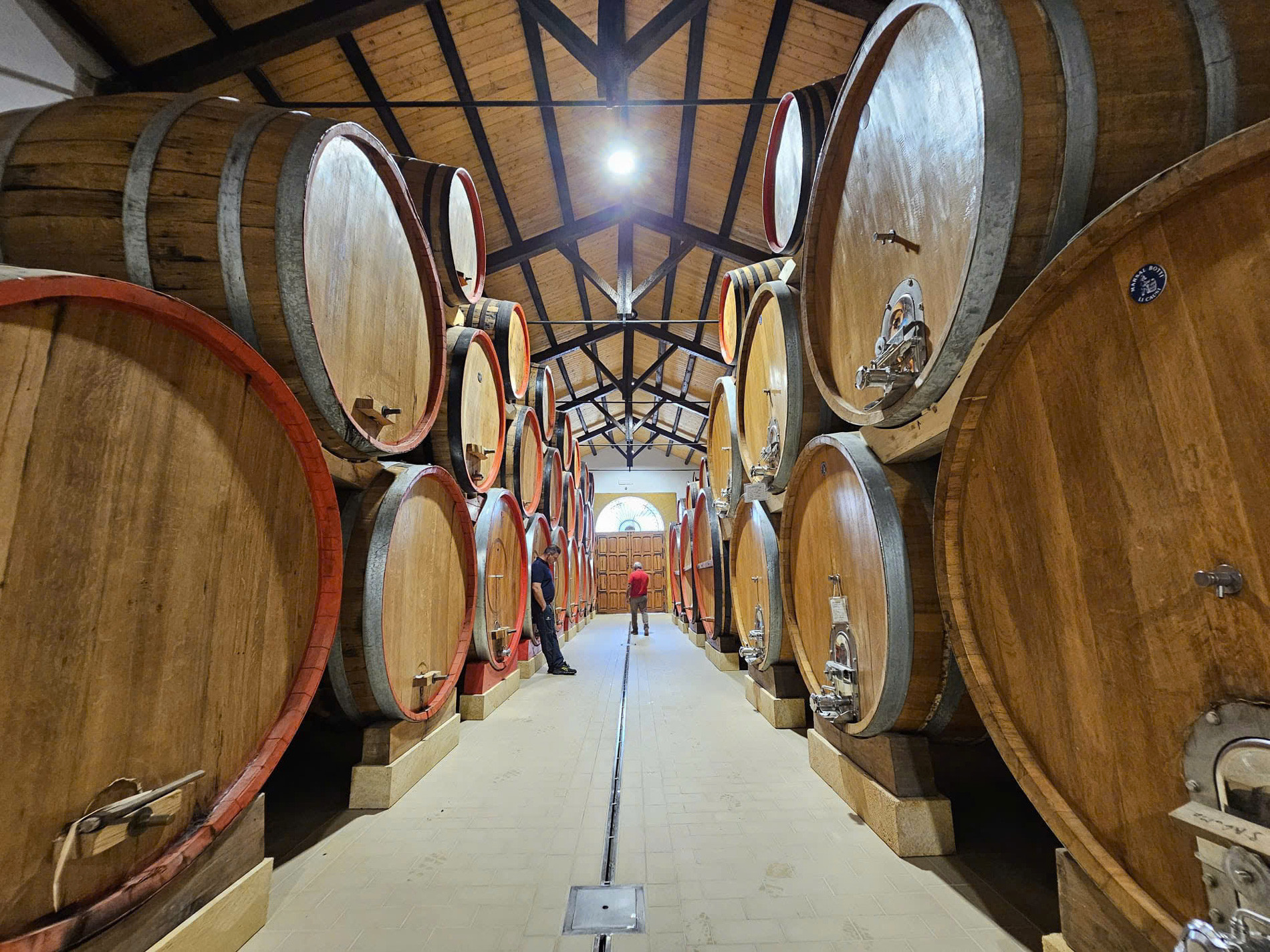
Despite his success in Italy, Hung dreams of establishing vineyards in Vietnam. However, he acknowledges significant obstacles.
“Vietnam's soil and climate aren't yet suitable for growing wine grapes to Italian standards. High humidity encourages mold, making grape cultivation risky. In Europe, nano-technology helps address such issues, but this is not yet widely available in Vietnam,” he explains.
Hung hopes to collaborate with nano-technology experts in the future to develop solutions for mold and other challenges related to soil and water. “One day, I hope Vietnamese people can enjoy wine made entirely in Vietnam, meeting the same high standards as Italian wines,” he says.
Spreading wine culture in Vietnam
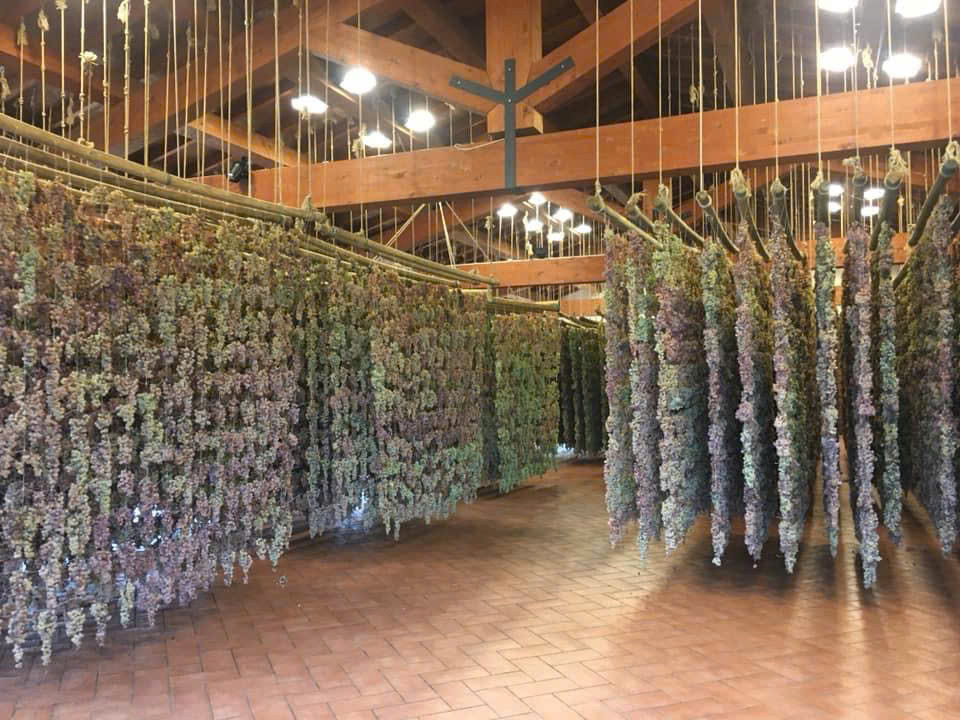
For the past 19 years, Hung has worked tirelessly to promote wine culture in Vietnam. He dreams of educating Vietnamese consumers on the nuances of wine, helping them appreciate its true value beyond price and packaging.
“I hope everyone, from home cooks to restaurant staff, can access accurate information about wine to better serve their families and customers,” he says.
Hung also advocates for creating wine associations in Vietnam, where experts can share their knowledge and spread wine culture more broadly. Additionally, he envisions establishing vineyards as learning spaces for students.
“Currently, agricultural students in Vietnam don’t have access to vineyards for practical training. Similarly, culinary students need hands-on experience with winemaking to truly understand the craft. I hope to make this vision a reality someday,” he concludes.
Nguyen Thao